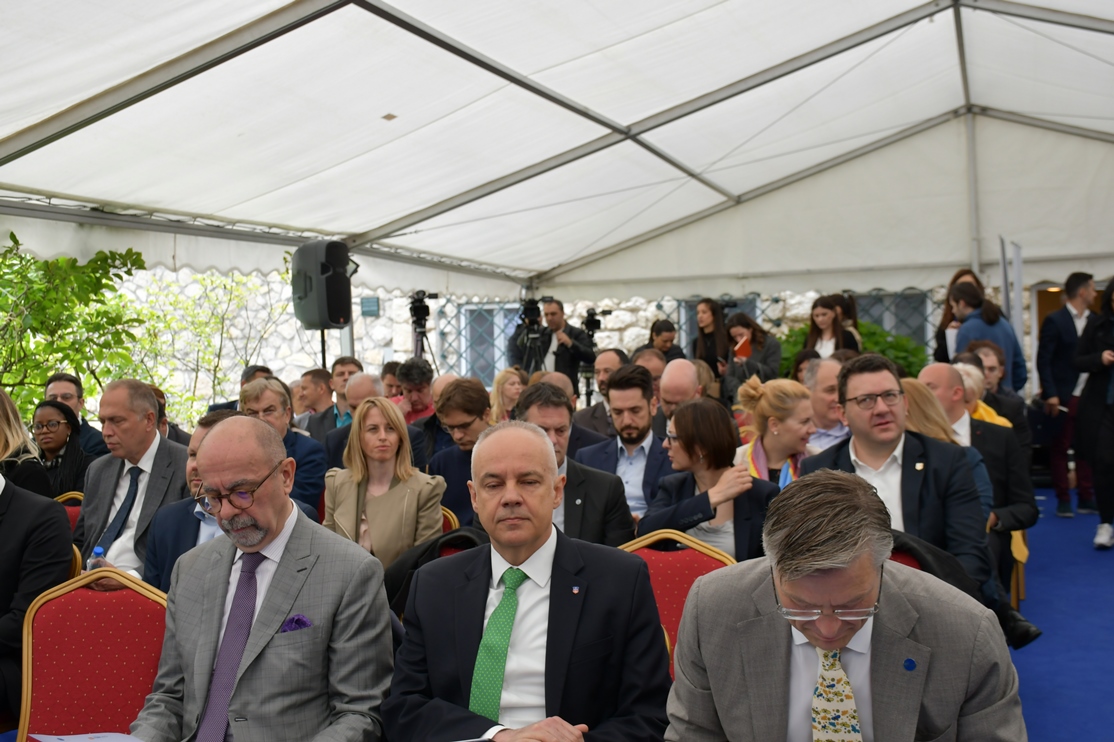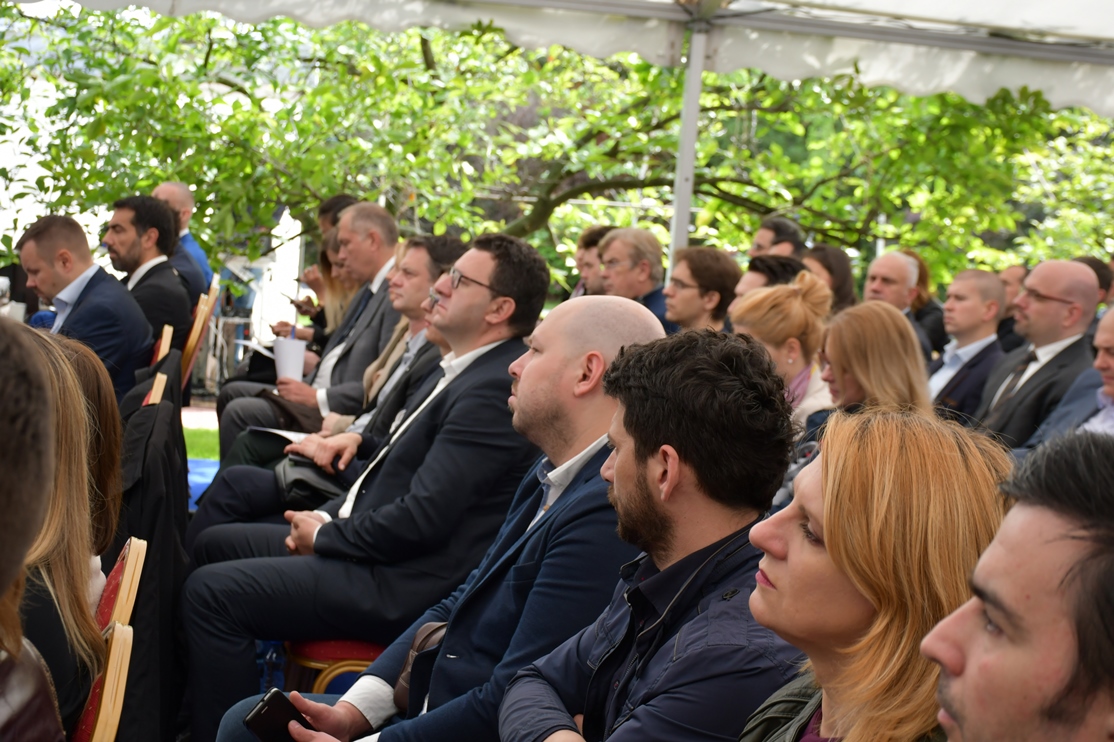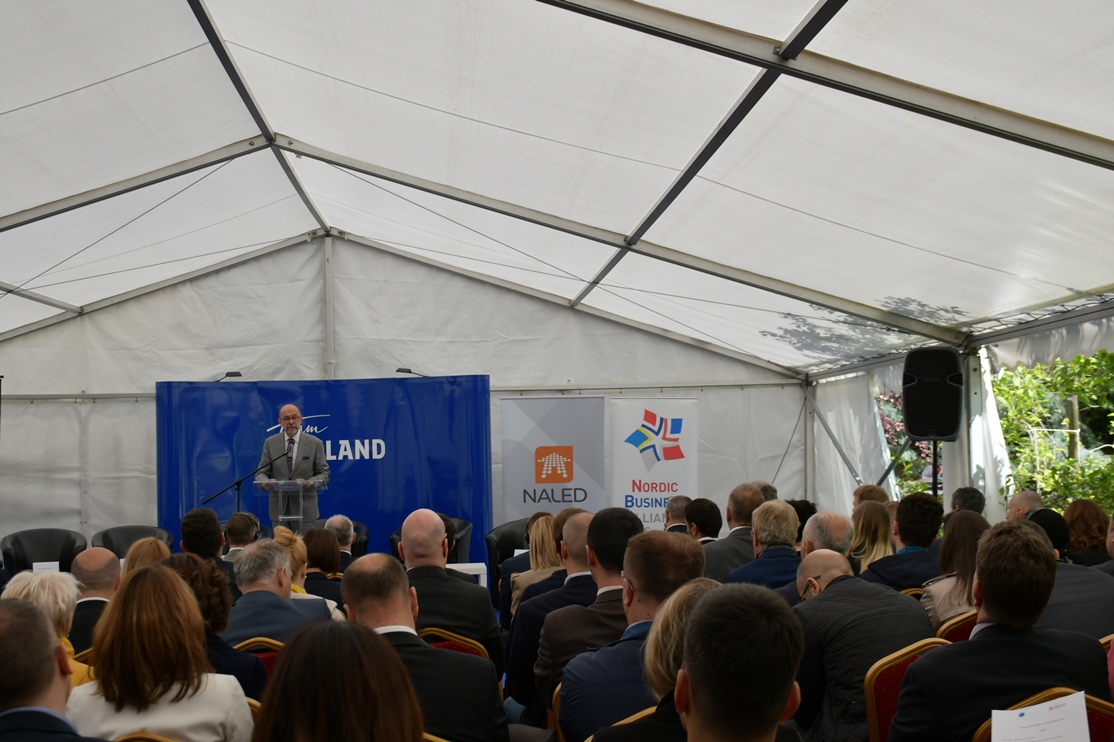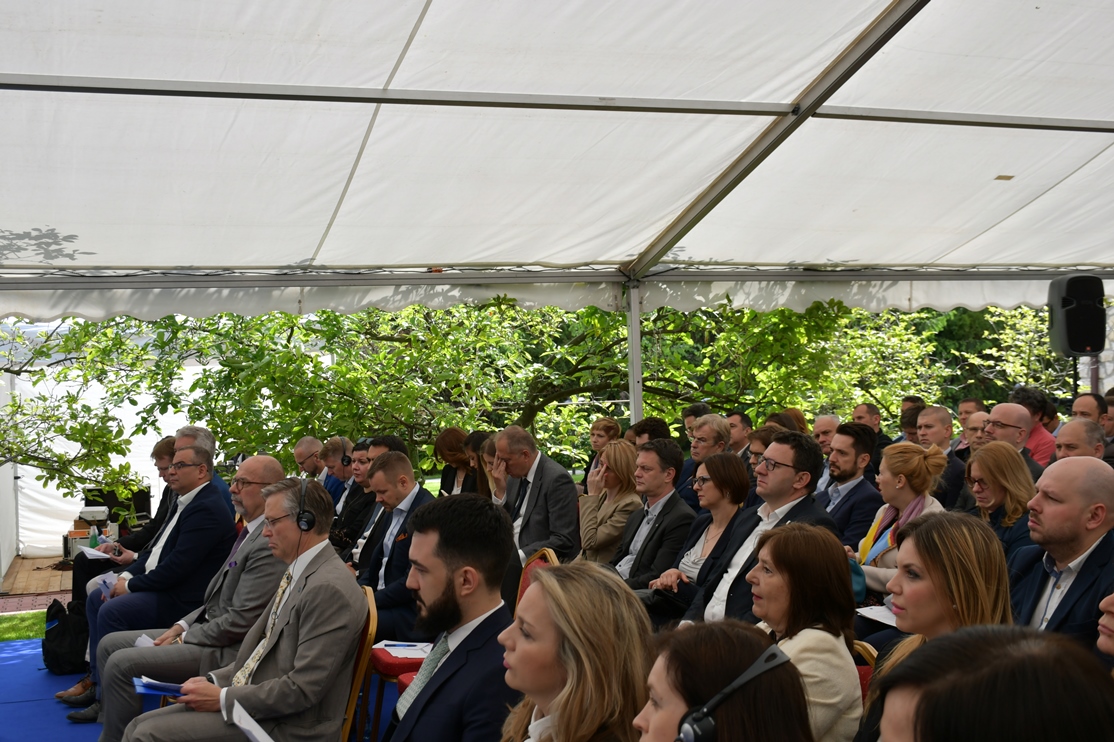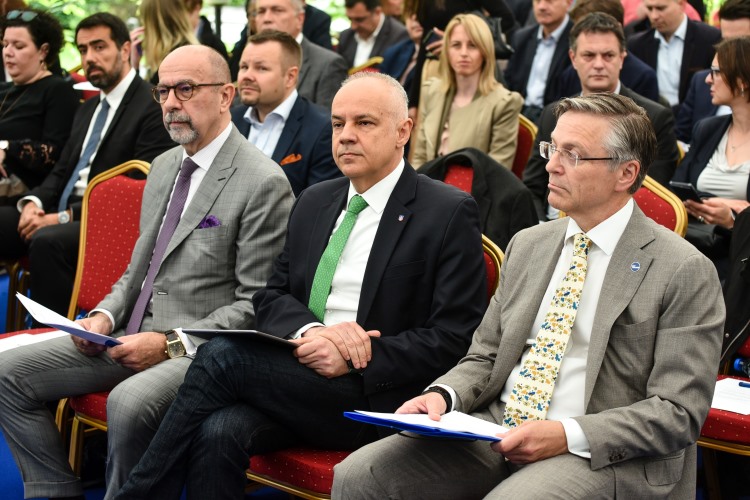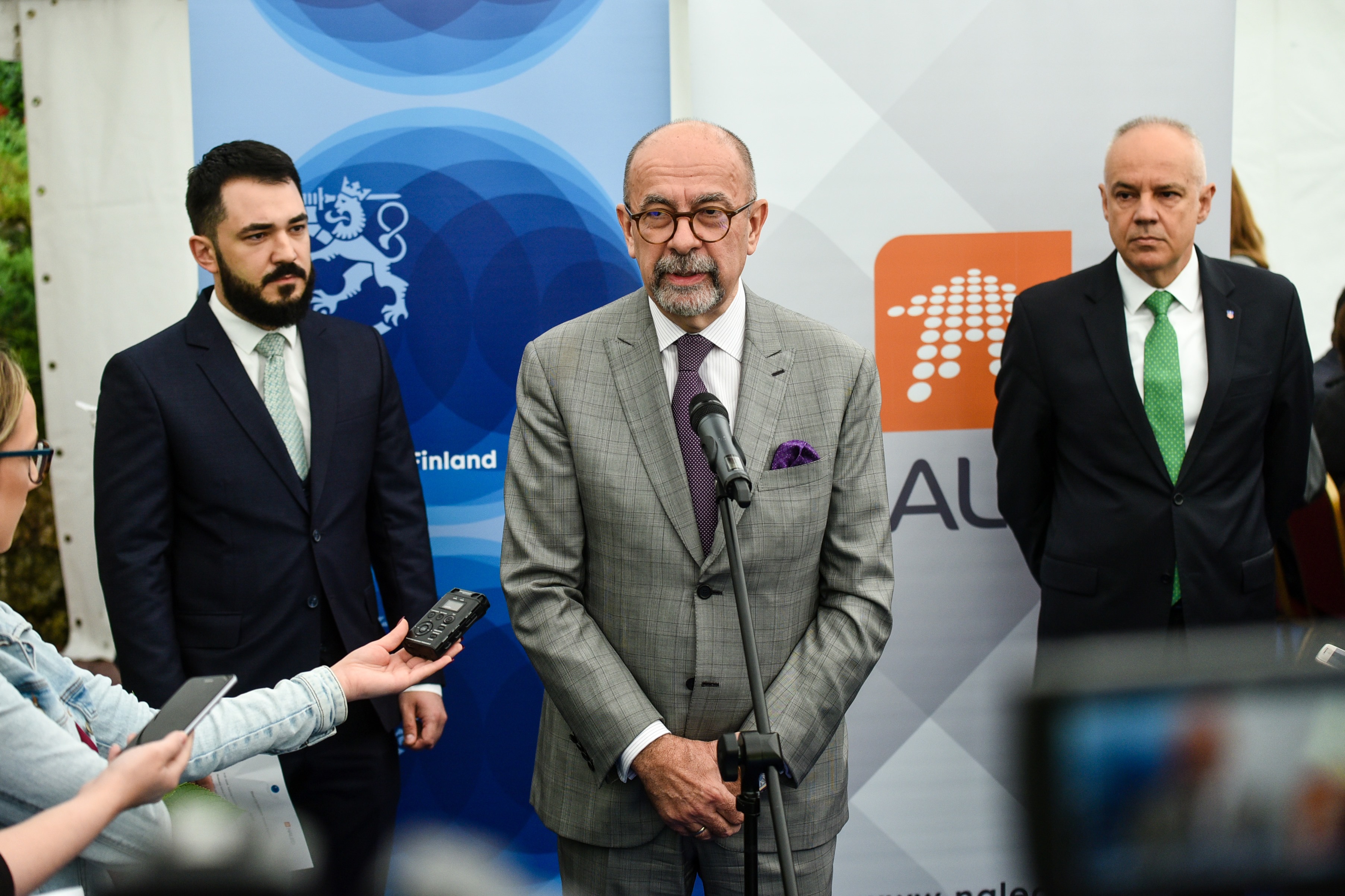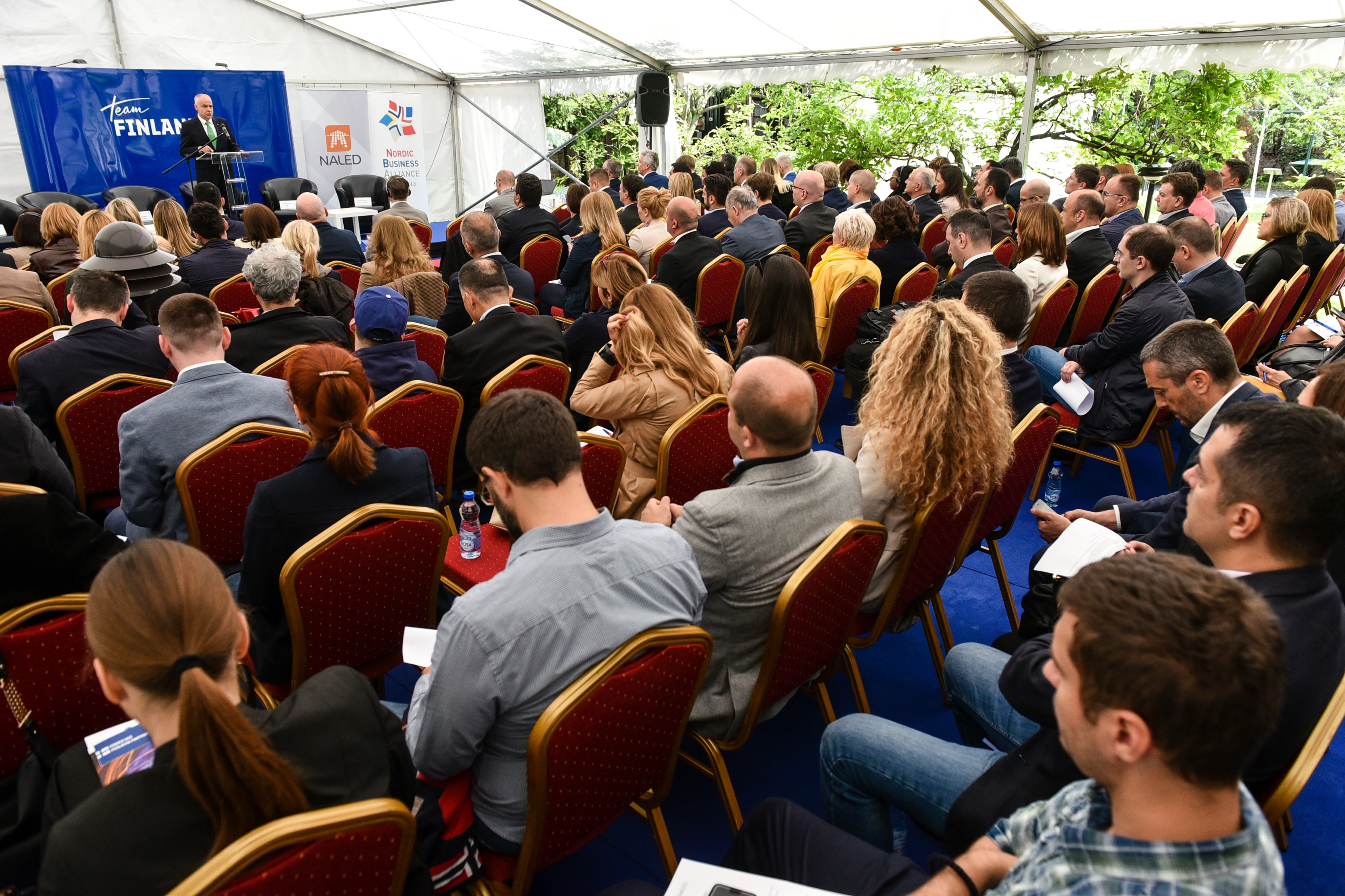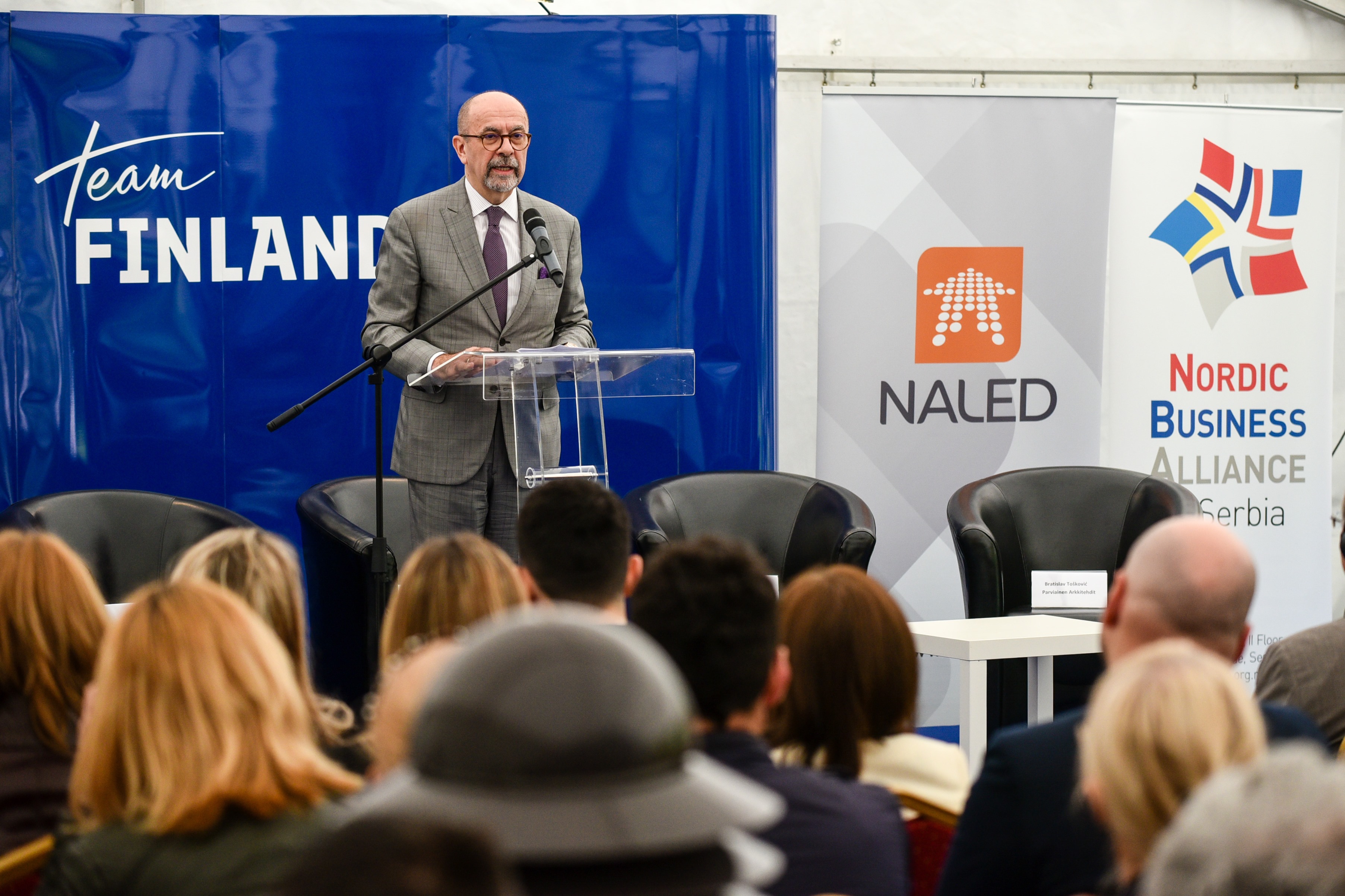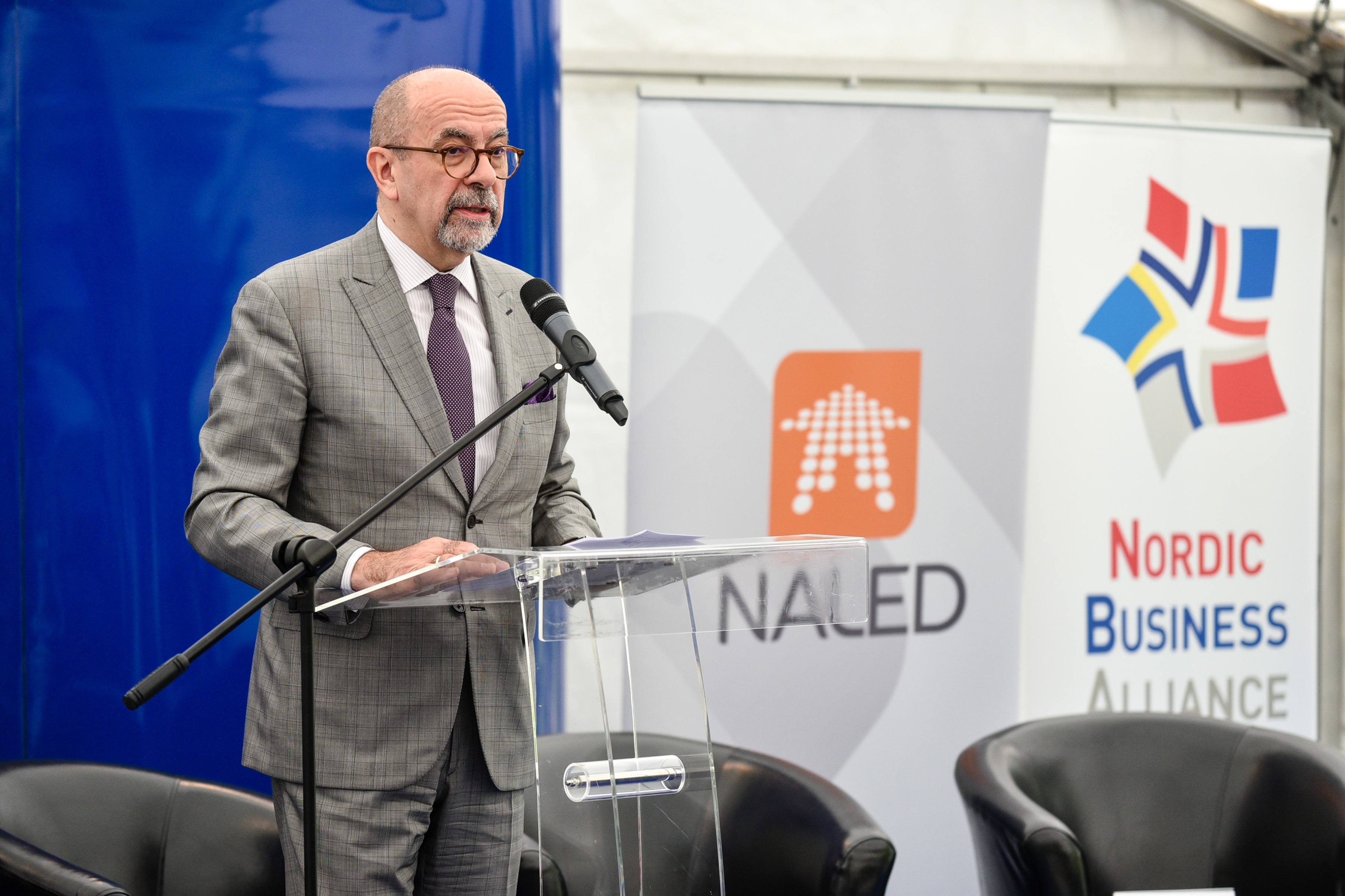Smart City solutions from Finland
It is estimated that, on a global level, smart city solutions applied in 75 largest smart cities will generate more than 5 billion dollars for public administration in the following 5 years, while savings for businesses should reach 14 billion, along with 27 billion in savings for citizens – it was stated at today's international seminar “Smart Cities - Finnish experiences“ uheld at the Residence of the Ambassador of Finland.
- Finland is one of the leading European countries in terms of smart city development, while Helsinki ranks among top 5 most advanced cities globally by its administration's commitment to smart city solutions. Helsinki pursues ambitious goals of becoming the most functional city in the world, and reaching carbon neutrality by 2035, and smart city solutions should contribute to these goals – said the Ambassador of Finland to Serbia Perti Ikonnen.
The seminar, organized by the Embassy of Finland and NALED, presented the experiences of Finnish smart cities that strive to create a sustainable and environment-friendly infrastructure and solutions that would best respond to the needs of citizens.
- Cities' investments in smart technologies are recording a continuous growth, and it is very important for local governments in Serbia to follow the global trends, since the savings are three times higher than the investments. For example, an automated system for waste collection will enable Helsinski to reduce the use of garbage trucks for up to 90%, and it is the solutions like this that make Finland recognized as a leader in smart solutions for waste management, but also in the field of transport and energy - said Željko Tomić, the President of NALED's E-Government Alliance.
The seminar participants had the opportunity to hear more about the experimental “smart” district Kalasatama, where new smart city solutions are tested, and that should help Helsinki reach, among other, the goal of being carbon-neutral by 2035. Another smart city solutions to look up to is the Finnish "six city platform“, working together to ease the introduction of smart solutions. Even though they are individually smaller, they are home to 30% of Finland's population, and this model of association could also be helpful for Serbian cities. The seminar also concluded that enabling open data on the local and national level is the most important first step - as these data would enable the initial smart city projects without requiring major investments.

